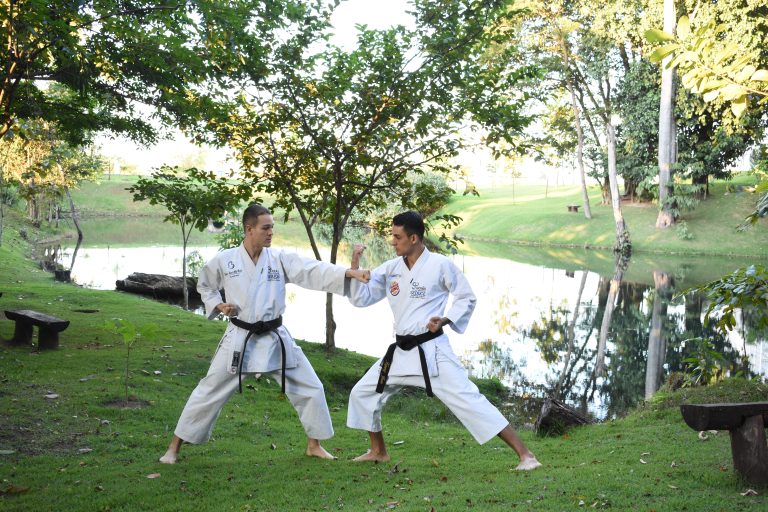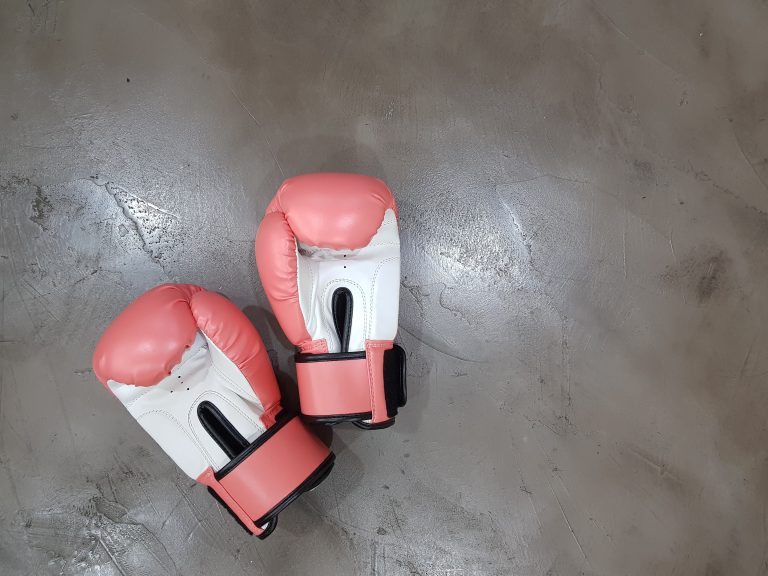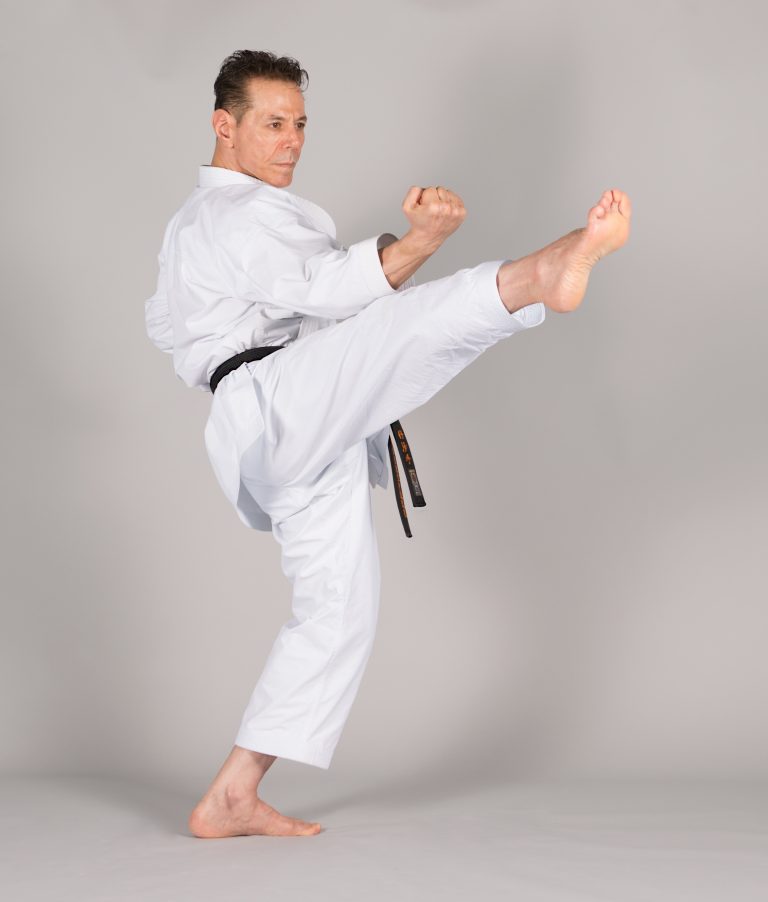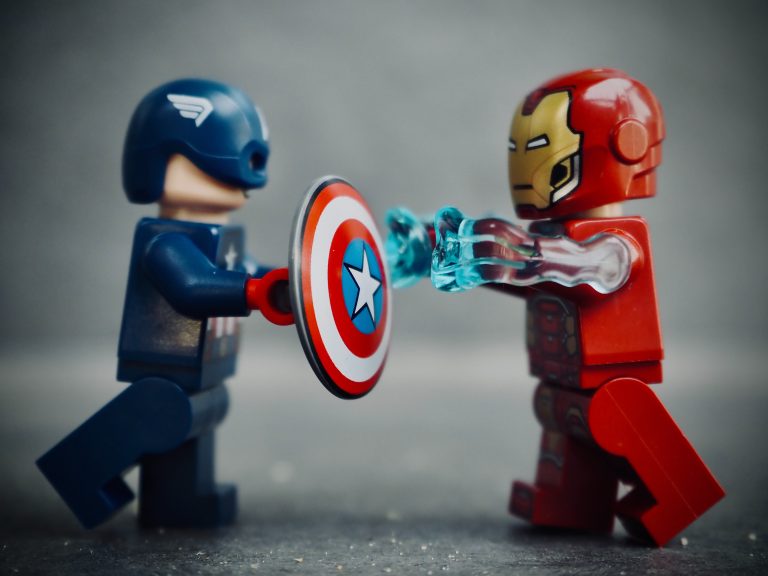What Karate Means to Me: A Personal Journey
Karate is a Japanese martial art that primarily involves striking techniques such as punches, kicks, and knee strikes, as well as open-handed techniques such as knife-hands, spear-hands, and palm-heel strikes. It is a physical, mental and spiritual practice that offers a wealth of benefits for those who practice it regularly.
For me, karate has been much more than just a way to stay fit or learn self-defense. It has been a transformative journey, changing my body, mind and spirit for the better. In this blog, I will share my personal experience with karate and how it has helped me become a better version of myself.
The Physical Benefits of Karate
The first and most obvious benefit of karate is its impact on my physical health. Karate is a full-body workout that improves cardiovascular health, strength, flexibility, and balance. Practicing karate has helped me lose weight, tone my muscles, and increase my endurance.
But karate is more than just another fitness program. Its emphasis on correct body mechanics and posture has helped me improve my posture, coordination, and overall body awareness. The focus on breathing techniques has also helped me improve my lung capacity and regulate my breathing patterns. The physical benefits of karate have not just helped me stay in shape but have also positively influenced my daily life and posture.
The Mental Benefits of Karate
Karate is not just a physical sport; it is also a mental practice that helps develop discipline, focus, and self-control. Through karate, I have learned to control my thoughts and emotions, stay focused on my goals, and develop a strong sense of determination.
Karate has also helped me become more confident and assertive. As I progress in my training and earn new belts, I feel a sense of accomplishment and pride that carries over into other areas of my life. I now approach challenges with a can-do attitude, knowing that I have the strength and determination to overcome them.
Karate has also taught me valuable life lessons about respect, humility, and compassion. In the dojo, I interact with people from all walks of life, and I have learned to treat everyone with respect, regardless of their age, rank or gender. These values have helped me become a better person outside of the dojo, improving my personal relationships and social interactions.
The Spiritual Benefits of Karate
Karate is rooted in Zen Buddhism and other spiritual practices, and it has a profound effect on the spirit. Through karate, I have learned to cultivate a sense of inner peace and harmony that brings me more joy and fulfillment in my daily life.
Karate has also helped me discover my purpose and passion. As I progress in my training, I feel a deeper connection to martial arts history and the wider karate community. This sense of belonging has helped me find my place in the world and gives me a sense of direction and purpose.
The Importance of a Good Karate Teacher
Of course, none of these benefits would be possible without a good karate teacher. A good karate teacher connects with their students, inspires them, and helps them develop their skills and qualities. A good teacher is not just a teacher, but also a mentor, guiding their students on their karate journey, and helping them become better people.
My karate teacher is one of the most inspiring people I have ever met. He has a wealth of knowledge and experience in karate and is always willing to share his insights and wisdom with his students. He leads by example, demonstrating the values and qualities that are essential for success in karate and in life.
In
Frequently Asked Questions About What Karate Means to Me
As a practitioner of Karate, I have often been asked about what this ancient martial art means to me. While different people may have varying opinions, experiences, and insights in this practice, here are some of the most frequently asked questions about what karate means to me.
1. What is the meaning of the word karate?
Karate is a Japanese word that means „empty hand.“ Kara means „empty,“ and te means „hand.“ Karate symbolizes using one’s bare hands and feet as weapons to increase a person’s defensive and martial arts capabilities.
2. What inspired you to practice Karate?
I have always had an interest in martial arts from a young age, probably because of the various movies and TV shows I watched that portrayed martial arts as an effective means of self-defense. However, my passion for Karate was further ignited when I saw how it fostered the values of discipline, respect, patience, and commitment.
3. What benefits have you observed from practicing Karate?
Practicing Karate has significantly impacted my life in positive ways. I have developed mental, physical, and emotional strength from the various rigorous training routines. Additionally, Karate has taught me humility, integrity, self-awareness, and perseverance, all of which have influenced all aspects of my life.
4. What role does tradition and culture play in Karate?
Tradition and culture play a significant role in Karate. Besides the physical training, Karate emphasizes principles like respect for others, discipline, and humility. It is also deeply rooted in Japanese culture, including the use of specific technique names, uniform, belt levels, and ranking systems.
5. What does the belt system signify in Karate?
The belt system in Karate signifies a student’s progress in the art. It has several levels, from white to black, with each level indicating the student’s proficiency, technique, and knowledge in Karate.
6. What are the different styles of Karate?
There are several styles of Karate, with each having its unique characteristics and emphasis. Some of the widely known ones include Shotokan, Wado-Ryu, Goju-Ryu, and Shito-Ryu.
7. Has practicing Karate made you a more confident person?
Yes, one of the significant benefits of Karate is that it gives practitioners self-confidence. This increased confidence comes from the rigorous training and push to go beyond one’s limits, the challenging techniques, and the ability to protect oneself if necessary.
8. How has Karate impacted your daily life?
Karate has impacted nearly every aspect of my life, including my physical and mental well-being, attitude, and overall outlook on life. The discipline and rigor of training have helped to develop a positive attitude towards work, relationships, and the environment around me.
9. Can Karate be dangerous?
Like any contact sport, Karate carries risks, and there are chances of injury, especially if proper precautions and techniques are not followed. However, with proper training, understanding, and respect for the sport, the risks are greatly reduced.
10. What advice would you give someone interested in practicing Karate?
If someone is interested in practicing Karate, I would encourage them to find a reputable school, instructor and dedicate themselves to training. Karate requires commitment, discipline, and hard work, but the rewards are well worth it. Additionally, in Karate, there is no end to learning, so they should keep an open mind and be willing to learn and grow.
How to Start Practicing Karate
Karate is a traditional martial art that has been around for centuries. It is not only a form of self-defense but also an excellent way to stay active and healthy. If you are interested in starting your karate journey, but do not know where to start from, this guide will provide step-by-step instructions on how to start practicing karate.
Step 1: Find a Karate School
The first step to start practicing karate is to find a reputable karate school near your location. Look for schools that are registered with recognized associations or federations such as the World Karate Federation (WKF), the International Karate Federation (IKF), or the World Union of Karate-Do Federations (WUKF). These organizations ensure that their affiliated schools abide by strict training and safety standards.
Step 2: Check the Credentials of the Instructors
Once you have found a karate school, you must check the credentials of the instructors. Ideally, instructors should be black belt holders, certified by recognized organizations such as those mentioned above. Additionally, they should have relevant teaching experience under their belt.
Step 3: Observe a Class Before Joining
Before joining a karate class, it is a good idea to visit the dojo and observe a class session. By doing this, you will get a better idea of the training environment, the intensity of the training, and the skill level of the instructors.
Step 4: Attend a Trial Class
Most karate schools offer free trial classes, which is an excellent opportunity for beginners to experience the training firsthand. Attending a trial class will give you a better understanding of the training methods, the pace of the class, and the fitness level required to participate. It will also allow you to get comfortable with the dojo environment.
Step 5: Purchase the Necessary Gear
Before starting your karate training, you need to purchase the necessary gear. You will need a karate gi, a belt, hand wraps, gloves, and sparring gear if you are planning to engage in sparring. Some schools have a mandatory dress code, so make sure you discuss your gear requirements with your instructor before making any purchases.
Step 6: Set Realistic Goals
Setting realistic goals is crucial to keep yourself motivated and working towards progress. Discuss your goals with your instructors, and they will be happy to help you devise a training plan to achieve those goals. Remember, karate training is a journey and not a destination, so make sure your goals are meaningful to you.
Step 7: Commit to Regular Training
Finally, the most important step to succeed in karate training is to commit to regular practice. Consistent training will help you build muscle memory, improve your technique and develop the required endurance and fitness. Your instructors will be able to guide you on the optimal frequency and duration of training.
Conclusion
Karate is a rewarding martial art that can provide a plethora of physical and mental benefits. By following these simple steps, you can start your karate journey with confidence and enthusiasm. Remember to stay committed, set realistic goals, and enjoy the process of self-improvement through karate.
Inhaltsverzeichnis






